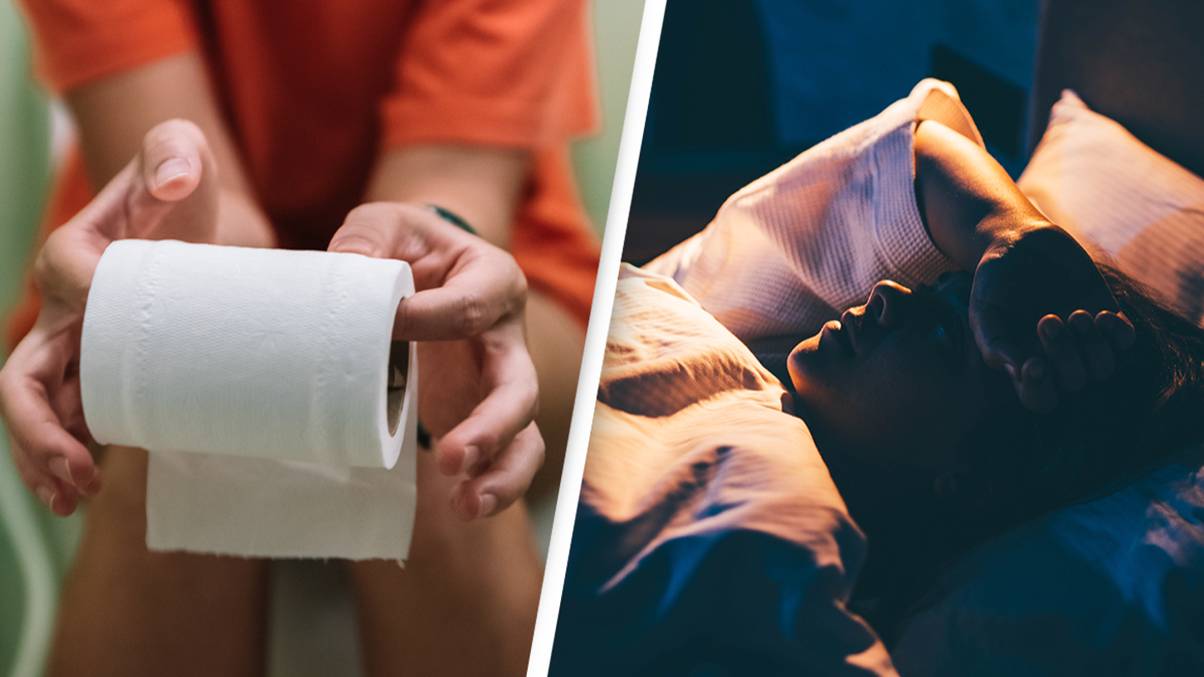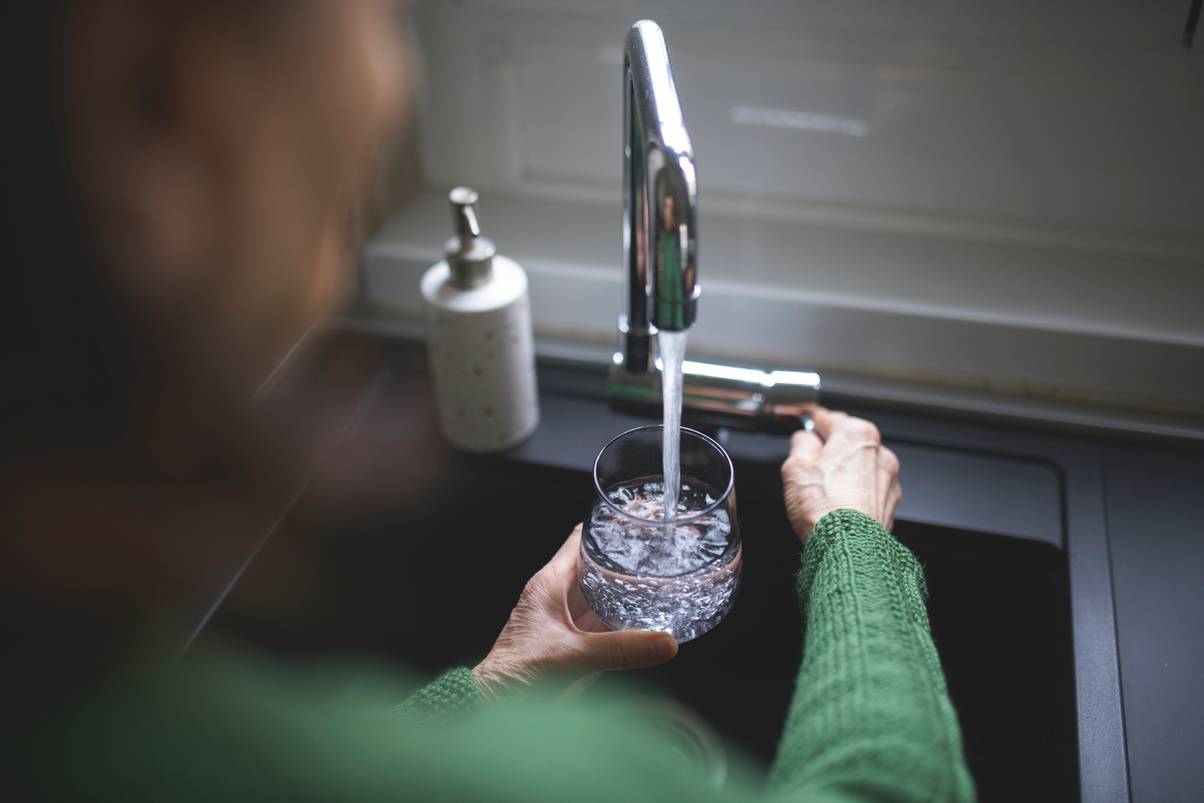
Doctors have lifted the lid on when your nightly bathroom trips could become a concern depending on your age.
Nature loves to call when we’re fast asleep, and the phenomenon of needing to wee at night, dubbed nocturia, can be caused by a variety of factors.
Davina Richardson, a nurse at the charity, Bladder and Bowel UK, said it can be a nuisance as frequent disrupted sleep can adversely affect our day-to-day lives and wellbeing.

The nurse also said it could be caused by consuming too many caffeinated drinks during the day or drinking too late at night before your head hits the pillow.
Yet doctors warn there’s a fine line between normal nighttime bathroom use and when your nocturia could be signs of a deeper problem.
What is a ‘normal’ amount of times to pee in the night?
Well, NHS doctors say it depends on your age, as normal can stretch from once per night to as many as four times as we get older due to the antidiuretic hormone (ADH) essentially withering away with age.
The hormone regulates how much water human bodies can hold on to and helps to ward off dehydration.
For people over the age of 70, needing to pee twice a night is considered normal which goes up to four times for those in their 90s.
Meanwhile, medics say getting up to use the bathroom once every night is pretty common for people under the age of 60.
So, what are the potential health problems?
Having to wake up to relieve yourself more than once could be a sign of a urinary tract infection or even more concerning conditions like diabetes, kidney stones, high blood pressure, prostate cancer and even heart disease at the more severe end of the scale.
But doctors warn an increase in nocturia alongside other symptoms should send alarm bells ringing.
Common symptoms of diabetes include feeling very thirsty, losing weight without trying, blurry vision and an increase in nighttime bathroom visits.

The UK’s National Health Service says this is because high blood sugar not only irritates the bladder but increases thirst levels, meaning you’re more likely to drink more and therefore need the toilet.
Meanwhile, people who have chest pains, swollen ankles, feel sweaty and require more midnight bathroom breaks than normal, the NHS says this could be a sign of a heart condition.
As for urinary tract infections, Bladder and Bowel UK says other symptoms to look out for include a burning sensation when using the toilet and/or cloudy or bad smelling urine.
Alternatively, a sudden surge in needing to go at night could be due to a sleep disorder, certain medicines, an overactive bladder or a hike in water intake.